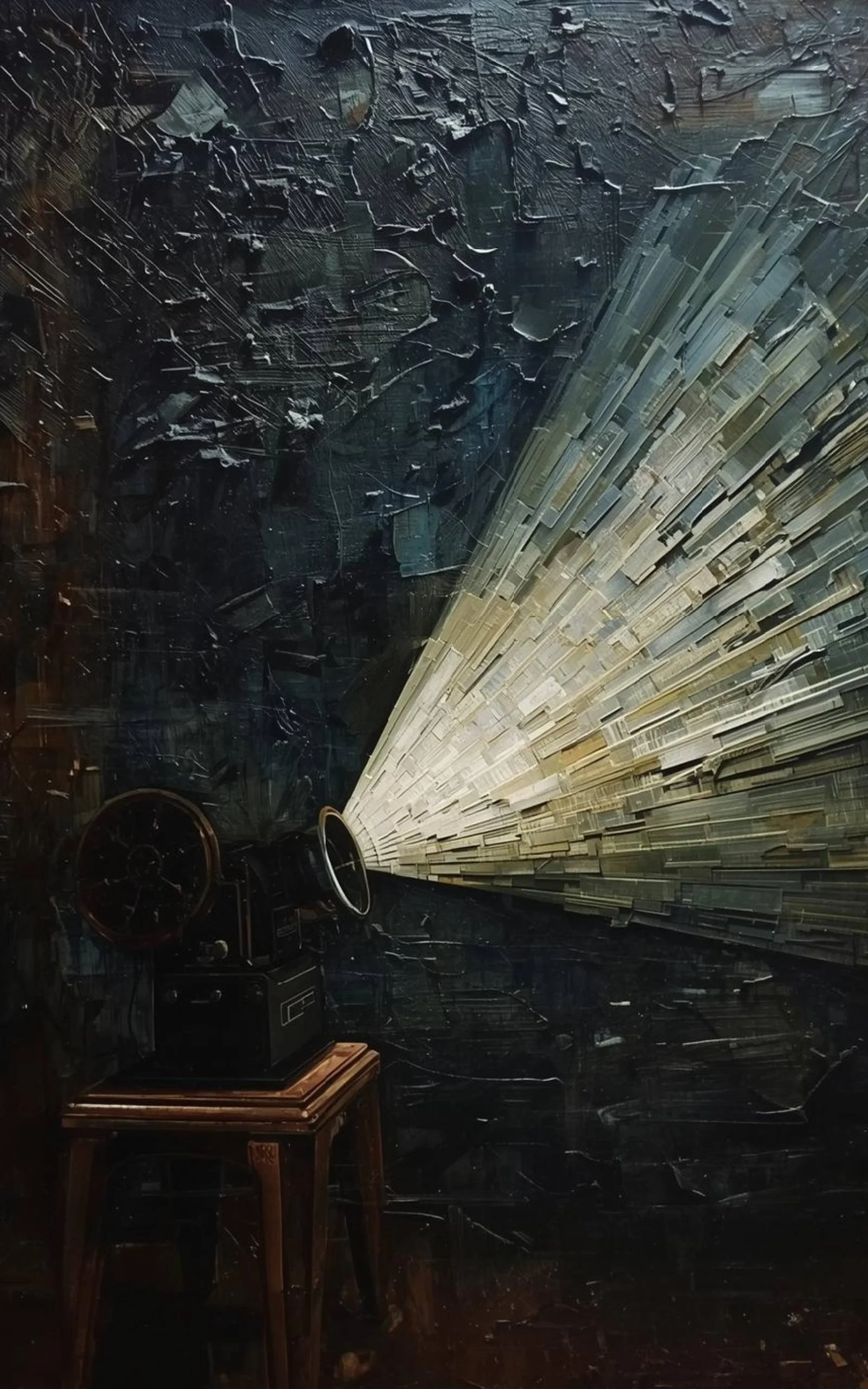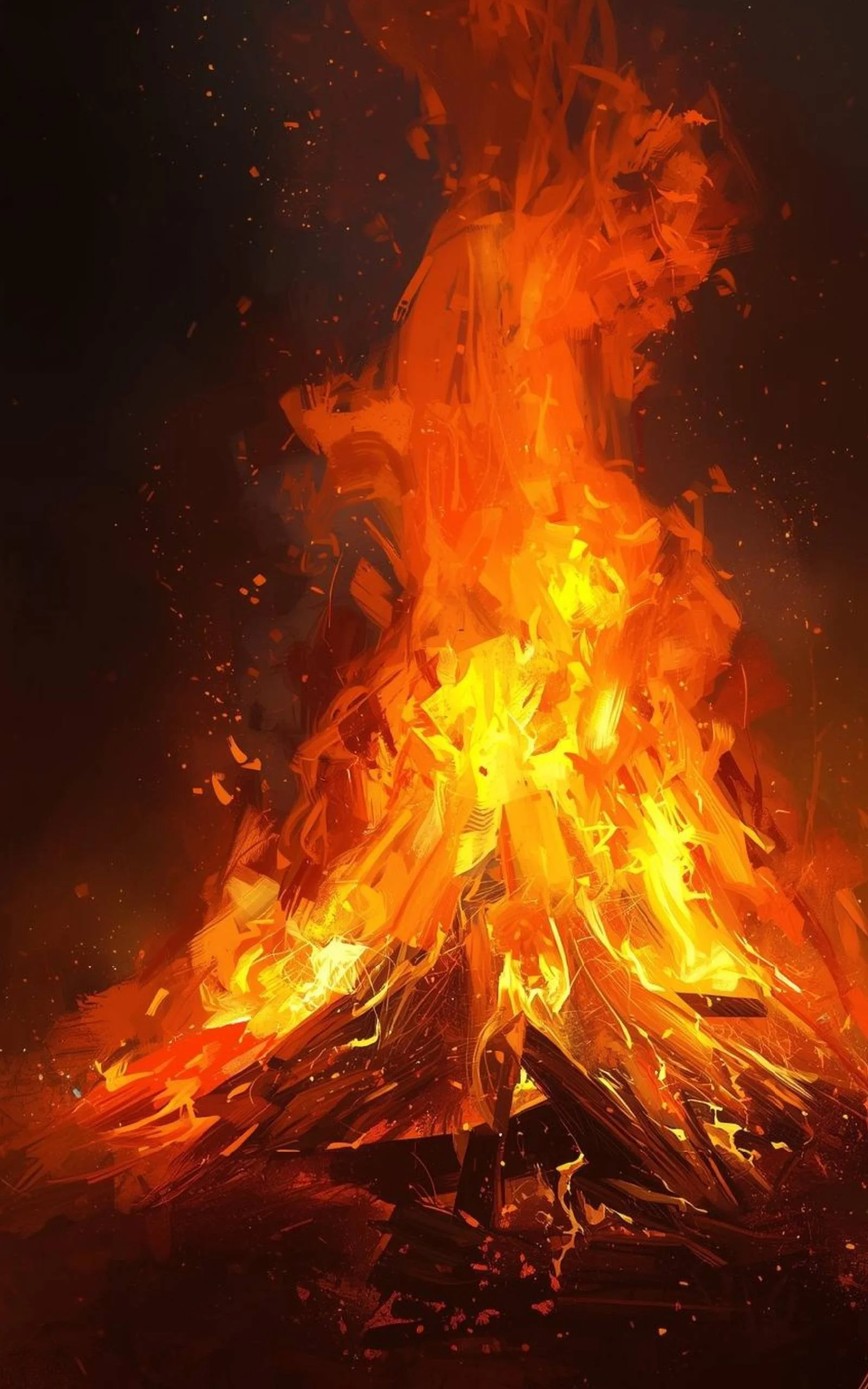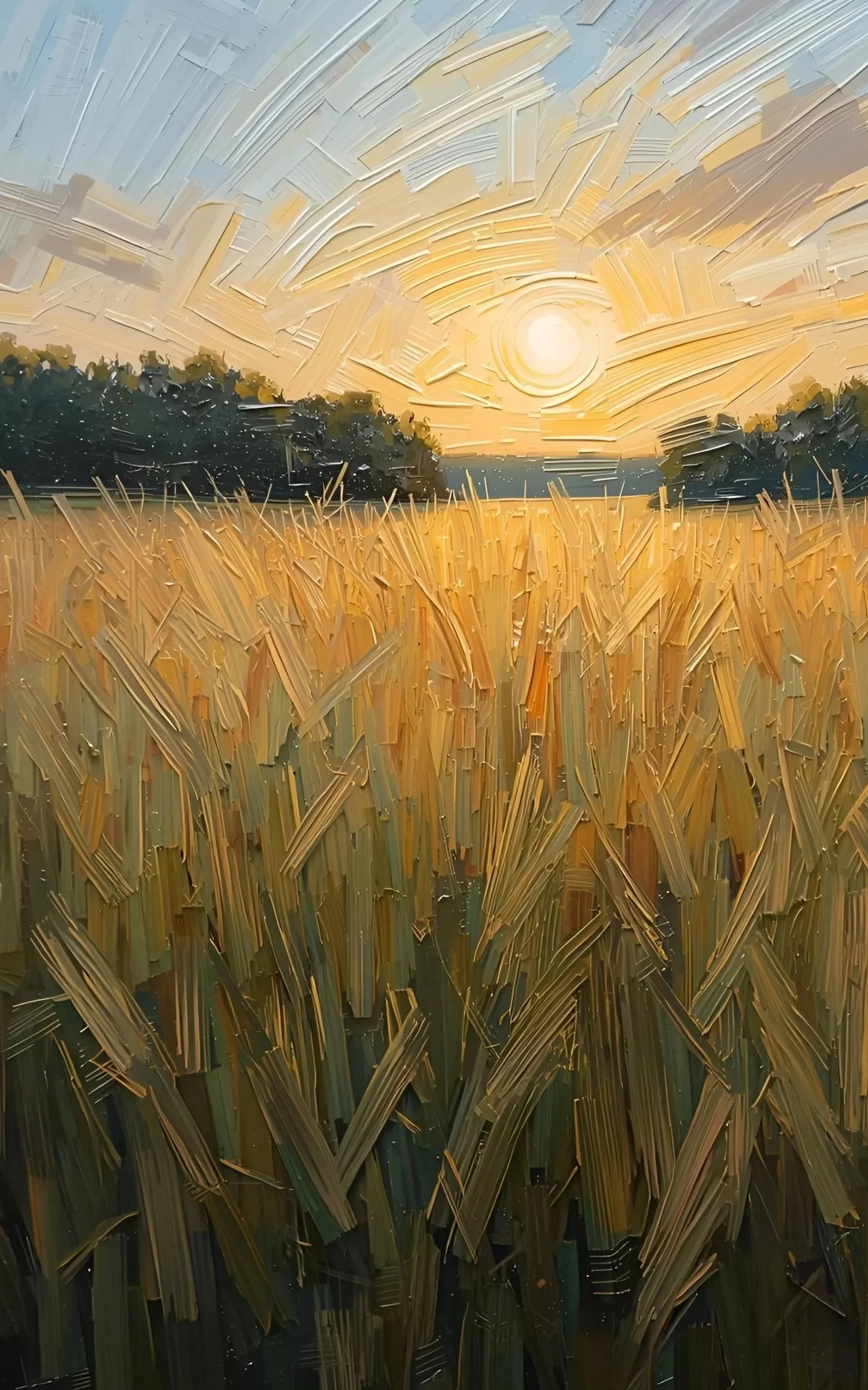Meet Me in My Words:
Why I Write to You Every Morning
Every morning, I write something new — sometimes soft, sometimes sharp, always true. The poems arrive before the world wakes: small attempts at making sense of being human, stitched together with metaphors and caffeine.
When you subscribe, that day’s poem finds you first — landing in your inbox every single morning at 7:11AM. No scrolling, no noise, no algorithms. Just words waiting quietly for you, reminding you to pause, to breathe, to feel.
Think of it as a shared ritual: one poem, one breath, one moment of belonging before the day begins.
And if you’d like to linger a while, you can meet me in my words below. 🌿

All Their Projections
All Their Projections is a clinical and moral dissection of narcissistic defence, examining how projection functions not as a momentary lapse, but as a structural necessity within narcissistic pathology. Drawing on psychological language and diagnostic insight, this poem exposes the mechanisms by which shame, guilt, and aggression are expelled and reassigned to others in order to preserve grandiosity and avoid accountability. It interrogates the violence of moral inversion—where the harmed are recast as perpetrators and truth itself becomes a threat—and reveals projection not as power, but as evidence of a psyche organized around evasion rather than integrity. This is a poem that names the system, not just the damage.

Attitude of Gratitude
Attitude of Gratitude interrogates the difference between performative positivity and lived, authentic gratefulness. Rather than presenting gratitude as a prescribed mindset, this poem explores it as a slow, earned orientation—one that cannot bypass pain or be adopted on command. With philosophical restraint, it traces the space between knowing and embodying, acknowledging the work required to arrive at gratitude without denying truth. This is a poem about refusing spiritual shortcuts, choosing authenticity over optics, and trusting that real gratefulness emerges not through posture, but through presence.

Listening to Brené Brown and Walking in the Woods
Listening to Brené Brown and Walking in the Woods is a meditation on healing that resists drama and instead returns to wonder. Rather than recounting pain directly, this poem follows the subtle reawakening that happens when insight meets movement, and when the natural world offers its steady, ancient reassurance. It reflects on the sacredness of breath, body, and belonging, suggesting that meaning—and even divinity—are found not in answers, but in the shared continuity of life itself. This is a poem about remembering how to be present, and about the soft, enduring companionship of healing as it unfolds.

Pushing Harder
Pushing Harder is a meditation on disciplined ambition—the kind rooted in responsibility rather than fear. This poem examines the drive to create, build, and refine across every aspect of life, while refusing to romanticize exhaustion or credit suffering for strength. It acknowledges the cost of relentless momentum, the lessons learned through fracture and failure, and the evolution from force to discernment. Ultimately, this poem celebrates perseverance as a cultivated skill: a form of intelligence that knows when to press forward, when to listen, and how to pursue excellence without turning ambition into self-harm.

Boxes
Boxes reflects on the subtle, often well-intentioned ways we organize our relationships—and the unseen cost of that order. Rather than condemning the impulse to define roles, this poem examines how categorization can quietly limit intimacy, curiosity, and growth. It considers what is lost not through conflict or refusal, but through assumption: the connections that never deepen because they were never allowed to. This is a meditation on the difference between kindness and openness, and on the expansive possibilities that remain untouched when we mistake clarity for completion.

(I Didn’t Just Survive Them) I Outgrew Them
(I Didn’t Just Survive Them) I Outgrew Them reframes survival as a threshold rather than an identity. This poem moves beyond the language of endurance to explore what happens after harm is metabolized—when growth creates distance, scale, and perspective that render former threats irrelevant. It is not concerned with proving resilience or revisiting injury, but with naming the quiet power of expansion: the moment when a life becomes too large to be shaped by those who tried to contain it. This poem stands as a declaration of arrival—not back to who one was, but forward into something bigger.

The Ones Who Couldn’t Stop
The Ones Who Couldn’t Stop examines the moral failure at the centre of sustained harm: the refusal to interrupt oneself. This poem shifts focus from the survivor to those who perpetuate cruelty not because they must, but because stopping would require accountability, effort, and change. It interrogates how violence is normalized through momentum, how harm is passed forward under the guise of inevitability, and how those who cannot stop often resent anyone who proves that stopping was always a choice. This is a poem about repetition as cowardice—and about the quiet threat posed by anyone who steps out of the cycle.

I Just Kind Of Stopped
I Just Kind Of Stopped is a poem about what happens when harm is pushed so far that stopping becomes the only remaining act of agency. It explores the moment when survival no longer looks like fighting back, but like stepping out of reach altogether—refusing to continue feeding cruelty, manipulation, and collective violence. Through the imagery of vultures and harbingers, the poem reframes withdrawal not as defeat, but as a strategic and transformative victory. This is a poem about choosing containment over collapse, silence over spectacle, and discovering that what looks like an ending can become the beginning of freedom.

It Must Be Amazing
It Must Be Amazing examines the internal architecture of narcissistic self-protection—the psychological mechanisms that allow harm to be inflicted without ever being owned. This poem dissects the quiet brilliance with which responsibility is deflected, memory is rewritten, and accountability is transformed into accusation. Rather than centring the damage itself, it exposes the systems of thought that make such damage possible, illuminating how blame is off-loaded and innocence preserved at all costs. This is a poem about the privilege of never reckoning—and the invisible labour carried by those left to absorb what someone else refuses to hold.

You Know Who You Are Getting Into Bed With
You Know Who You’re Getting Into Bed With is a reckoning disguised as prophecy. This poem examines the conscious choice to align with instability, exploitation, and scorched-earth power, and the dangerous illusion that proximity to destruction offers protection. Drawing on the myth of those who would rather rule over ashes than relinquish control, it exposes the lie of mutual assured destruction and reminds the reader that complicity does not grant immunity. This is a poem about knowing—and choosing anyway—and about the kind of ruin that remembers exactly who stood where when the fire was lit.

I Was Never Beautiful
I Was Never Beautiful rejects the narrow, conditional definitions of beauty placed on women and interrogates the cost of being valued primarily for appearance. Rather than mourning what was withheld, this poem reclaims the deliberate choice to want more—to seek substance, impact, and selfhood over admiration. It speaks to the hunger to be taken seriously in a world that rewards palatability, and to the power of building an identity rooted in growth, intellect, and presence rather than something time can erode. This is a poem about choosing depth over decoration, and becoming over being seen.

Trapped Inside Your Obsession
Trapped In Your Obsession confronts the rarely named violence of being watched, tracked, and emotionally claimed without consent. Written to collapse the distance between reader and subject, this poem immerses the body in the experience of unwanted fixation—the slow erosion of safety, autonomy, and selfhood that occurs when someone refuses to let go. It explores how obsession masquerades as care, how attention can become a form of restraint, and how being seen without being respected can make even existence feel unsafe. This is a poem about the cost of being made into an object—and the quiet, defiant survival of those who endure it.

Metallica Vs. Megadeth
Metallica VS. Megadeth uses one of rock music’s most enduring rivalries as a metaphor for the quiet damage of comparison and the radical freedom that comes from choosing self-alignment over envy. It explores how success can still feel hollow when it is built in reaction to someone else’s trajectory—and how true mastery arrives only when the gaze turns inward. This poem traces the shift from fear-driven striving to self-possessed growth, ultimately claiming a hard-won truth: greatness is not measured against others, but defined by the moment you stop listening for who’s ahead and start becoming inevitable yourself.

The Pull of Forward
The Pull of Forward is a meditation on the ancient, almost animal force that lives beneath human ambition—the instinct not merely to survive, but to move, to seek, to become. It explores the uneasy truth that stillness, even when safe, can feel like a kind of erasure, and that our desire to grow is not a flaw to be corrected but an inheritance written into our bodies. This poem speaks to the part of us that refuses complacency, that listens for the horizon even when life is comfortable, and that understands forward motion not as greed or restlessness, but as reverence for being alive.

Maybe She is Sad?
Maybe She Is Sad? is a meditation on the complicated alchemy of cruelty—how some people move through the world wounding others not out of power, but out of an unspoken, unendurable sorrow. This poem considers the possibility that beneath hostility lies grief, that beneath arrogance lies ruin, and that behind even the sharpest behaviour may be a story of squandered potential and unmet promise. It doesn’t excuse the harm inflicted; instead, it explores the quiet, difficult work of understanding it, of holding sorrow and accountability in the same hand. Ultimately, this piece becomes an exploration of forgiveness—not as reconciliation, but as a sacred act of self-preservation, a compassionate distance that honours healing without reopening old wounds. 💚

The Story In Every Heart
The Story in Every Heart is a reminder of the vast, unseen worlds carried inside every person we pass on the street. It speaks to the quiet epics unfolding behind ordinary faces—stories shaped by wounds, resilience, small mercies, and private turning points that no one else will ever fully understand. This poem invites the reader to soften, to recognize that every heart is a universe of what was survived, what was lost, what was learned, and what is still tender and unfinished. At its core, it’s an ode to empathy: a call to look at others, and at ourselves, with the reverence that only the knowledge of hidden stories can bring. 💚

The Least Of Her
The Least of Her is a meditation on the difference between surface and essence—on how the world often fixates on external beauty while missing the deeper, more extraordinary qualities that truly define a being. This poem reflects on presence as a form of wisdom, love as a quiet absolution, and gentleness as a force capable of reshaping a life. It explores the idea that the most remarkable individuals are rarely remarkable for the reasons others assume; their radiance may draw attention, but their soul is what rewrites us. This piece is, at its heart, a celebration of a rare and indescribable kind of companionship—one whose truest brilliance exists far beneath the visible, in a place only the heart can see. 💚

It Goes On
It Goes On is a meditation on life’s most unyielding truth: continuity. This poem explores the quiet, inexorable momentum of existence—the way time advances with or without our permission, reshaping us through loss, joy, resilience, and the ordinary days that blur between them. It speaks to the human desire for meaning and control, and the humbling realization that life remains indifferent to both our triumphs and our devastations. Yet within that indifference lies a strange mercy: if nothing lasts forever, neither does suffering; if life insists on moving forward, we are invited—again and again—to rise with it. At its heart, this piece reflects on the profound grace hidden in life’s persistence and the way we, too, continue in spite of everything. 💚

The Things We Carry Into Tomorrow
The Things We Carry Into Tomorrow is a meditation on the quiet, undeniable truth that we are shaped not by what we leave behind, but by what remains with us. This poem explores the way our past selves—broken, brave, unfinished, radiant—continue to travel with us, forming the hidden architecture of who we become. Rather than treating our history as something to discard, it reframes it as a teacher: a set of instructions in resilience, tenderness, and self-understanding. At its heart, this poem is an invitation to see ourselves as whole rather than fragmented, to recognize that every version of us has contributed to the person standing here now, carrying both the weight and the wisdom of everything that came before. 💚

The Year That Waits For Us
The Year That Waits for Us is a gentle, hopeful meditation on beginnings—not the loud, sweeping kind we imagine, but the quiet ones that arrive slowly and reshape us in ways we only recognize later. This poem speaks to the soft discipline of hope, the courage it takes to keep moving forward, and the truth that a new year isn’t magic in itself, but an invitation to become someone truer. It honours the heaviness we carry from the months behind us while reminding us that the future is still tender, still forming, still full of possibility. At its heart, this piece is a reassurance: the best parts of your story are not gone. They are waiting—just ahead, just within reach, ready to unfold when you are. 💚
Poetry by Britt Wolfe
I publish a new poem every single morning. Or mourning. Depends on the emotional forecast. Some are tender. Some are rage in a nice outfit. All of them are my attempt to make sense of the human experience using metaphors, emotionally charged line breaks, and questionable coping mechanisms.
Let me be clear: these poems are fiction. Or feelings. Or both. Sometimes they’re exaggerated. Sometimes they’re the emotional equivalent of screaming into a throw pillow. Sometimes they’re just a vibe that got out of hand. They are not confessions. They are not journal entries. They are not cry-for-help-coded-messages. (I have actual coping strategies. And group chats.)
Poetry, for me, isn’t about answers. It’s about shouting into the abyss—but rhythmically. Some pieces will whisper, “Hey… you okay?” Others will show up uninvited, grab you by the collar, and scream, “SAME.” They’re moody, messy, and occasionally helpful—kind of like me.
You’ll find themes running through them like recurring nightmares or that one playlist you swear you’ve moved on from. Love. Grief. Identity. Joy. Ruin. It’s all here, jostling for attention like emotionally unstable toddlers on a sugar high.
Think of these poems as an ongoing conversation—one I started, overshared during, and have now awkwardly walked away from. Good luck with that.














There’s a line in Alice in Wonderland where the Mad Hatter tells Alice she’s lost her muchness. I think about that a lot—how the world teaches us to tone ourselves down until we disappear into something more digestible. The Graveyard of Muchness was born from that quiet grief, from the realisation that most of us have buried our own brilliance just to be seen as reasonable. It’s about walking through the cemetery of all we’ve abandoned—our wonder, our defiance, our wild, luminous selves—and daring to listen for the laughter still echoing beneath the soil.💚